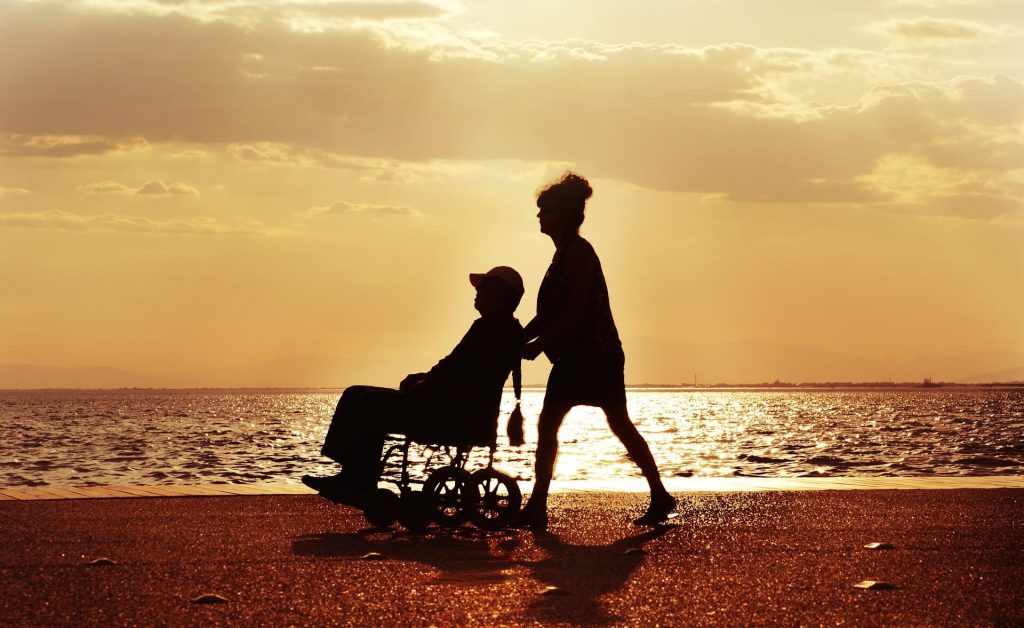“The new law will improve the quality of life of persons with the highest disabilities, as they will be entitled to more hours of personal assistance services and thus they will manage their time better, ” Marica Mirić, a vice president of the Croatian Union of Associations of Persons with Disabilities (SOIH), Marica Mirić.
Furthermore, services of personal assistance also ease the burden on the families, she said in an interview with Hina.
The new legislation will pave the way for higher employment rates among persons with disabilities.
According to a time frame for the adoption of the law, the draft bill is to be forwarded to the government this autumn, and the parliament is expected to adopt it until the end of the year, according the information provided by the Labour, Family Affairs and Social Policy Ministry.
Awareness has been raised for years about the need for the adoption of legislation on personal assistance, and the issue has recently grabbed public attention when a former member of parliament, who is a person in wheelchair, went public with her unfortunate experience when her personal assistant attacked and robbed her in her flat.
There are several types of personal assistance services: services for persons with physical, mental and intellectual disabilities, personal attendants for visually impaired persons, communication assistants for deaf persons and assistants for deaf-blind service (DBS).
So far personal assistance services have been organised through programmes and projects of civil society associations, which are funded by the European Social Fund and the state budget.
The adoption of the law will regulate this area better, and define the models and contents of the services, entitlements to the services, qualifications for employment of personal assistants, monitoring and supervision of provision of services, possibilities for compensation for damage and financing.
In March this year, Croatia had 612,212 persons registered with various kinds and degrees of disabilities.
According to the social policy ministry, 2,312 persons with physical or mental disabilities used services of 2,292 personal assistants, according to a state of affairs registered in May.
Furthermore, 3,654 beneficiaries used services of a total of 99 communication assistants.
There were 67 personal attendants for 1,537 beneficiaries with visual impairment.
According to the ministry, the allocation set aside annually for all those services is HRK 148 million (approximately 20 million euros).
The ministry estimates that the potential number of users of personal assistance services can rise to 15,000 upon the adoption with the law.










